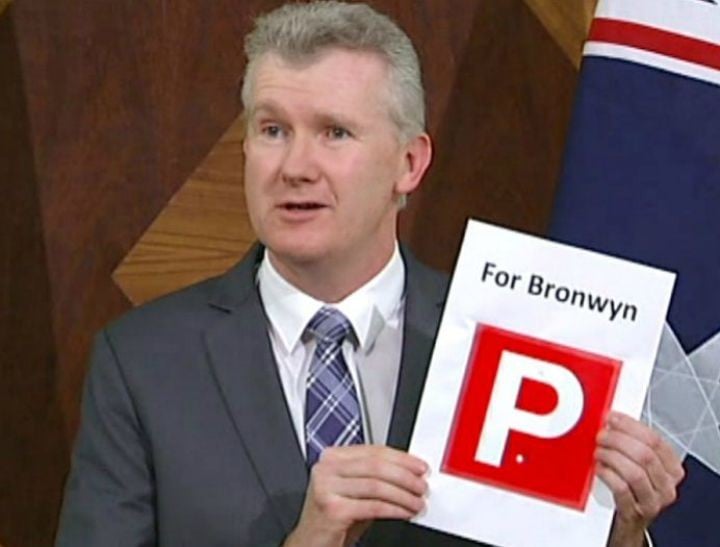
While the MP entitlements rules are generous, they aren’t nearly so vague as are being made out. Therefore, we need to make rorting politicians aware of the consequences of their actions, writes Michael Bradley.
By MICHAEL BRADLEY.
The virus hunting down politicians over rorting of their entitlements is out of containment and threatening to consume Canberra.
It is interesting to see that two of the most aggressive parliamentary attack dogs, Tony Abbott and Christopher Pyne, are refusing to attack Labor’s Tony Burke for flying his family business class to Uluru for a holiday, particularly after Burke had led the charge against Bronwyn Bishop.
The Government is trying to jam the genie back into the bottle by diverting our attention away from individual politicians’ expense claims towards a depersonalised narrative. As Abbott said:
What has become apparent is that the problem is not any particular individual, the problem is the entitlements system more generally.
The story we are being fed, and which much of the media has accepted, is that the entitlements system for MPs is dreadfully vague, and that we can’t expect anything better until it has been comprehensively rewritten. The MPs are innocent victims of a poorly designed set of rules.


Top Comments
This issue has been going on for so long. Anyone remember when Gillard went to a friends wedding a claimed it?? Politicians will never learn and never stop!
If an Australian Citizen apply's for a welfare payment, or a pension, the rules are very strict, and must be adhered to 100%, even the disability pension rules have been tightened to stop 'rorting' If you want to claim more than $300 on work expenses, you'd better make sure you have the receipts or the tax office will be all over you like flies on honey, then why are the parliamentary rules so loose and open to interpretation? That's not fair. Of course they need to travel all over Australia, and need business class on long haul flights, and transport to and from hotels and meetings, no one is begrudging them that, but family holidays worth over $12.000??? not on.